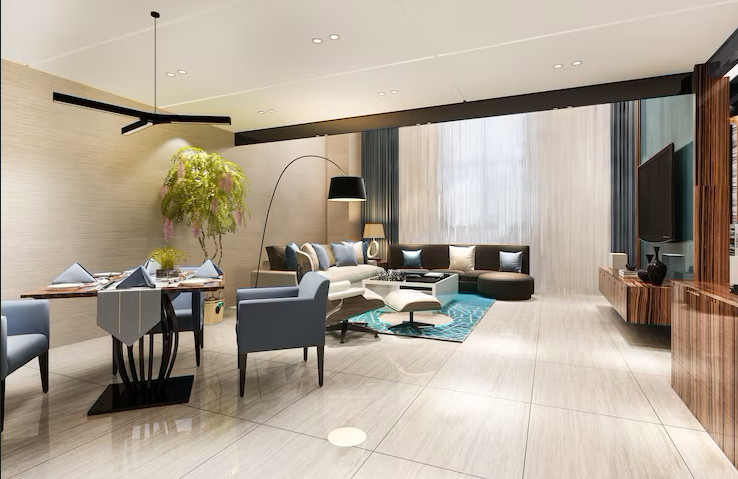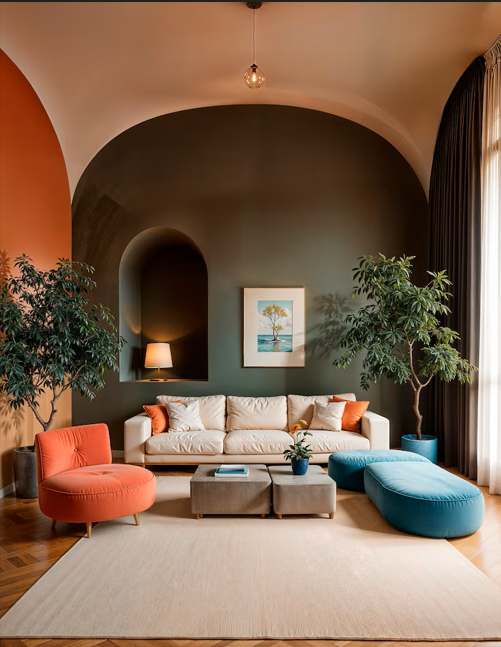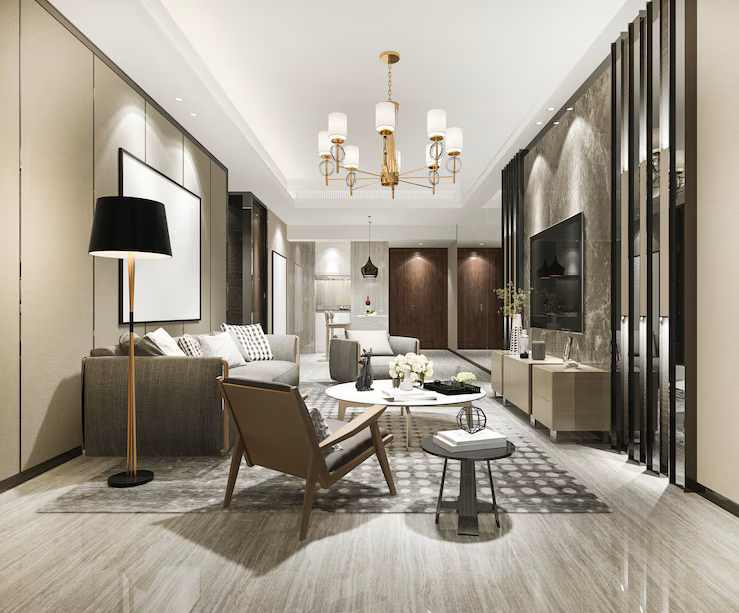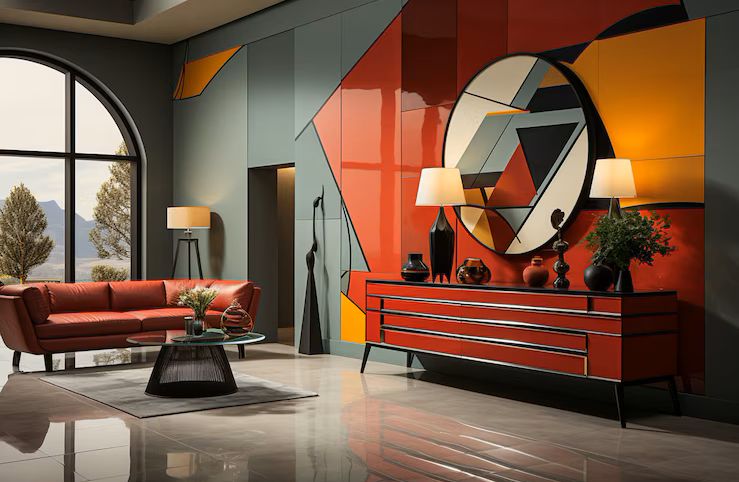Interior Designers in Chennai: Creating Energy-Efficient Homes
In the bustling city of Chennai, where the temperature can soar and humidity is a constant factor, the demand for energy-efficient homes has never been higher. As the awareness of environmental issues grows, so does the role of interior designers in creating spaces that are not only aesthetically pleasing but also sustainable and energy-efficient. This article delves into how interior designers in Chennai are transforming homes into eco-friendly havens while ensuring comfort and style.
Understanding Energy Efficiency
Energy efficiency refers to the use of technology and design strategies that reduce the amount of energy required to provide the same level of comfort and utility. For homeowners in Chennai, energy-efficient design is crucial for reducing electricity bills and minimizing environmental impact. Key aspects include optimizing natural light, using energy-efficient appliances, and employing sustainable materials.
The Role of Interior Designers
Interior designers play a pivotal role in the creation of energy-efficient homes. They have the expertise to assess a space’s needs and recommend solutions that not only enhance aesthetics but also improve energy efficiency. In Chennai, designers are increasingly focusing on:
- Natural Light Optimization: By strategically placing windows, skylights, and reflective surfaces, interior designers maximize natural light, reducing the need for artificial lighting during the day. This is especially vital in Chennai, where daylight is abundant. Well-placed mirrors and light-colored walls can enhance the distribution of natural light throughout a space.
- Ventilation and Airflow: Proper ventilation is key to maintaining a comfortable indoor climate, especially in a humid environment. Designers often incorporate cross-ventilation techniques, using strategically placed windows and doors to encourage airflow. This reduces reliance on air conditioning, leading to significant energy savings.
- Sustainable Materials: The choice of materials can greatly influence a home’s energy efficiency. Interior designers in Chennai are increasingly opting for locally sourced, sustainable materials that have a lower carbon footprint. Bamboo, reclaimed wood, and recycled materials not only contribute to sustainability but also add a unique aesthetic to the interior.
- Energy-Efficient Appliances: Incorporating energy-efficient appliances into kitchen and bathroom designs can drastically reduce energy consumption. Designers guide homeowners in selecting appliances with high Energy Star ratings, which consume less electricity and water.
- Smart Home Technology: The integration of smart home technology is becoming a standard in modern interior design. Automated systems for lighting, heating, and cooling can help homeowners manage their energy use more efficiently. Designers are now incorporating these technologies into their designs, making homes more convenient and eco-friendly.
Case Studies: Energy-Efficient Homes in Chennai
Several interior designers in Chennai have successfully implemented energy-efficient solutions in residential projects. Here are a few notable examples:
- Eco-Friendly Villas: One project involved redesigning a traditional villa into an eco-friendly home. The interior designer focused on maximizing natural light through large windows and skylights, which not only illuminated the space but also reduced energy usage. The use of natural materials such as clay tiles and wooden beams added to the sustainability factor.
- Compact Urban Apartments: In the context of Chennai’s growing urbanization, many designers are turning small apartments into energy-efficient living spaces. By utilizing multi-functional furniture and creating open layouts, they ensure that these homes feel spacious while reducing the need for excessive heating or cooling.
- Heritage Homes Renovation: Chennai is home to many heritage properties that require careful renovation to maintain their charm while improving energy efficiency. Designers have been using traditional techniques such as high ceilings, thick walls, and ventilation courtyards to enhance energy efficiency, keeping the homes cool and reducing reliance on air conditioning.
Challenges and Solutions
While the benefits of energy-efficient design are clear, interior designers in Chennai face several challenges. These include the high cost of sustainable materials, limited awareness among homeowners, and the need for skilled labor to implement energy-efficient technologies.
To overcome these challenges, designers are advocating for:
- Education and Awareness: Conducting workshops and seminars to inform homeowners about the benefits of energy-efficient design can help change mindsets and encourage investment in sustainable practices.
- Collaborations with Contractors: Working closely with contractors who specialize in sustainable construction can streamline the design process and ensure that energy-efficient solutions are implemented effectively.
- Government Incentives: Encouraging homeowners to take advantage of government schemes that promote energy-efficient home upgrades can make these solutions more accessible.
Conclusion
As Chennai continues to grow, the importance of energy-efficient homes cannot be overstated. Interior designers play a crucial role in this transformation, blending creativity with sustainability to create spaces that are not only beautiful but also functional and eco-friendly. By embracing innovative design strategies and sustainable practices, they are helping homeowners reduce their environmental impact while enjoying a comfortable and stylish living environment. The future of interior design in Chennai is not just about making spaces look good; it’s about making them work better for both the inhabitants and the planet.





